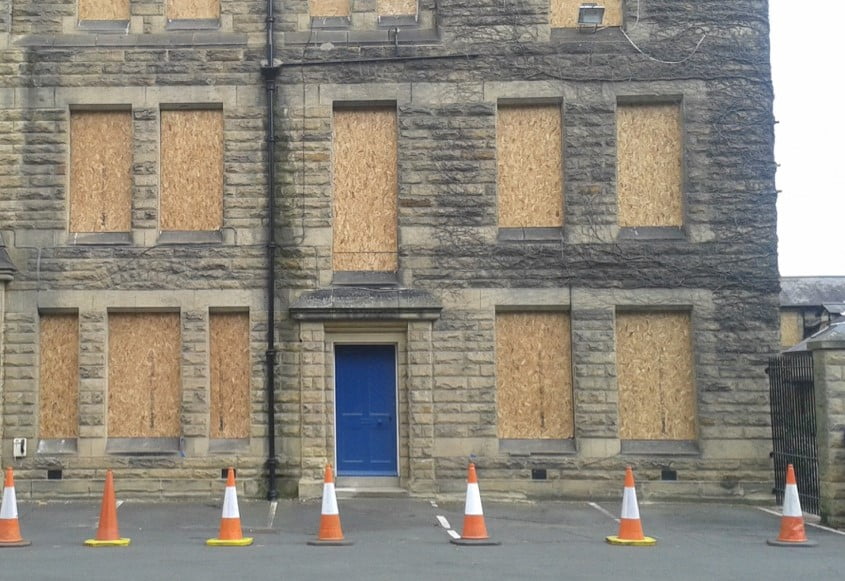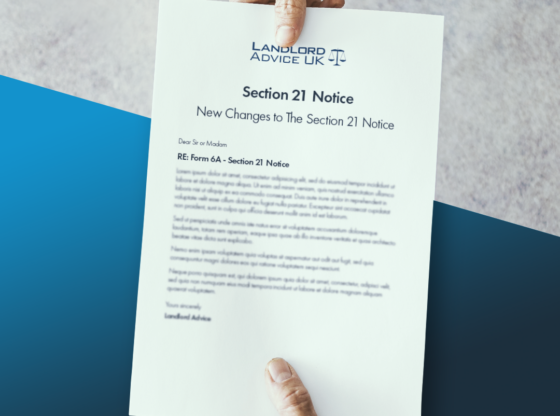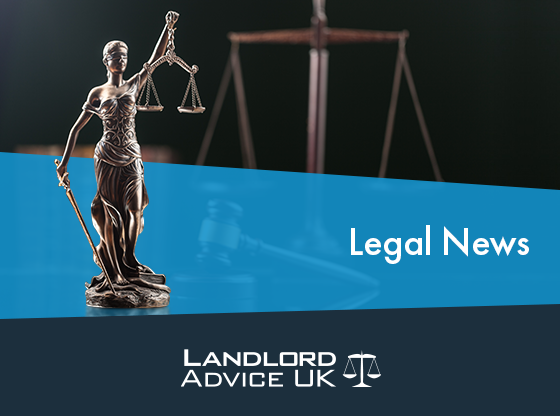Boarding Up of Property by Police and Liability
The police have a legal obligation under the Police and Criminal Evidence Act 1984 (known as “PACE”) code of Practice B, paragraph 6.13(e) to secure property where forced entry has been made and where the property owner or occupier is not on scene. Police may also hold a duty of care to secure property where the police attend a property which was already insecure at the time the police arrive.
Practice B, paragraph 6.13(e) of the Codes of Practice states:
(e) Leaving premises
6.13 If premises have been entered by force, before leaving the officer in charge of the search must make sure they are secure by:
· arranging for the occupier or their agent to be present;
· any other appropriate means.
The police use the services of a third party to board up property which is intended to temporarily secure the property. In most cases, this will involve a smashed window, or a damages door being covered by fixing a sheet of metal or wood over it. The company that carry out the boarding up service do so under the instructions of the police.
Where police have used force to enter a property and the property owner is not on scene, the police are required to contact the Emergency Boarding Up service to secure the property pending a permanent repair by the property owner.
The police only pay for Emergency Boarding Up where the police have forced entry:
• To execute a warrant;
• To arrest a suspect;
• To search a property after an arrest;
• To comply with a Court Order;
• To gain access to a suspected crime scene;
• Life and Limb cases depending on the circumstances.
The property owner or occupier pays for the Emergency Boarding Up where the damage is the result of:
• Criminal damage;
• Burglary; or
• Insecure premises.
Where a property is let to a tenant and the Emergency Boarding Up Services are used to secure the property under the instruction of the police, the landlord will sometimes receive the bill for those services.
The terms of the tenancy agreement and conduct of the tenant will be relevant in determining whether a tenant could be liable for the Emergency Boarding Up Services. For example, if the tenant has left the property insecure or caused damage to the property which makes the property insecure (such as a smashed window on the ground floor) then tenant would generally be liable for the cost of Emergency Boarding Up Services.
As the tenant would be the person lawfully in possession of the property, this alone could be a sufficient basis for the tenant to be liable for the costs of the boarding up of the property, even if the tenant was not at fault (e.g. if the tenant is the victim of burglary).
To avoid any possible dispute as to liability, landlords should seek to include a simple clause in the tenancy agreement dealing with such eventuality. The clause should state something to the effect that should the property be boarded up at any time during the term (fixed or periodic term) of the tenancy agreement, the tenant shall be liable for the costs of the boarding up service.
Emergency boarding up is intended to ensure that premises are secured while the owner or occupier makes alternative arrangements for a permanent repair, and is therefore not intended to be a long term solution.
Emergency boarding up is currently carried out by Rapid Secure on behalf of the police forces nationwide using their own security cleared staff.
Photo Credit: Rapid Secure (https://www.rapidsecureuk.com)










